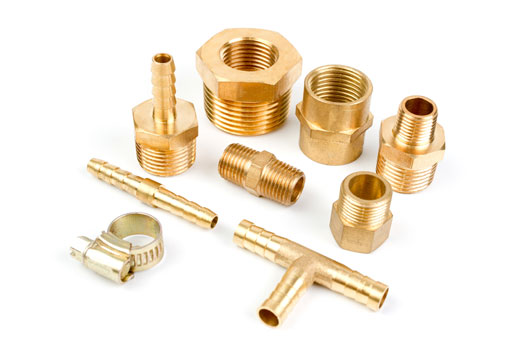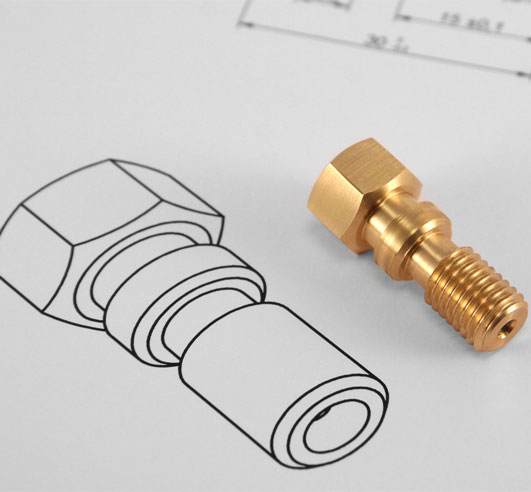The world of manufacturing continues to evolve with the advent of new technologies and materials. Among these, CNC machining and 260 Brass stand out due to their significant impact on the production process. This blog aims to delve deep into how 260 Brass revolutionizes CNC machining.
260 Brass, also known as yellow brass or cartridge brass, contains about 70% copper and 30% zinc. Its popularity in manufacturing processes, particularly CNC machining, is attributed to its impressive machinability, formability, and excellent corrosion resistance.
Understanding 260 Brass
To grasp how 260 Brass improves CNC machining, first, we need to understand its composition and properties. This alloy is renowned for its rich, yellow-gold hue and satin-like finish, which adds an aesthetic appeal to finished products. But more than its looks, it is the strength, ductility, and resistance to corrosion that makes it an indispensable material in the manufacturing sector.
260 Brass in CNC Machining
CNC (computer-controlled) machining involves the process of subtractive manufacturing, which entails removing layers from a material to create a custom-designed part. It*s used for intricate designs requiring high precision and reliability. Using 260 Brass in this machining process has several benefits.
Ideal for Complex Designs
260 Brass' excellent machinability makes it well-suited for manufacturing complex and intricate designs. The precise control from CNC machines combined with the malleability of 260 Brass results in high-precision, consistent parts.
Diverse Applications
From musical instruments to fasteners and ammunition cases, 260 Brass' versatility shines through its diverse applications. Its desirable acoustic properties make it a top choice for musical instruments. On the other hand, its deformability and dimensional stability make it perfect for creating fasteners, connectors, and terminals in the electrical industry.
Cost-effective Production
In addition to being remarkably tough and durable, 260 Brass is an economical alternative compared to materials like stainless steel. It*s relatively easy to machine, which means less wear and tear on CNC tools, ultimately resulting in cost savings.
Corrosion Resistance
This is another crucial feature of 260 Brass in CNC manufacturing. Its corrosion resistance translates to a longer lifespan for the finished products, which is a critical consideration in industries like maritime, the military, and the automotive sector.
Case Study: Automotive Sector
One industry that has truly embraced the use of 260 Brass in CNC machining is the automotive sector. The automotive industry is in constant need of durable components that can withstand extreme conditions. Brass CNC machined parts like connectors, terminals, and bolts offer automotive manufacturers a balance of strength, precision, and cost-effectiveness.
In summary, we're only scratching the surface when it comes to the potential of 260 Brass in CNC machining. As CNC technology becomes increasingly sophisticated, there's no doubt that we'll continue to see new opportunities for this versatile alloy in manufacturing.
260 brass cnc







